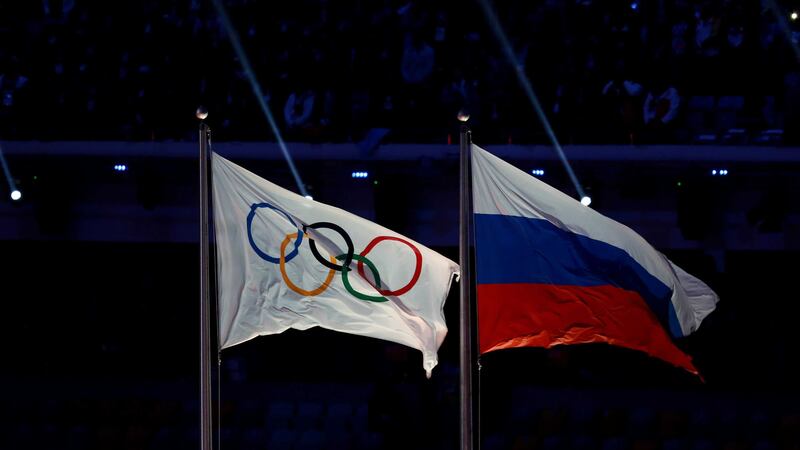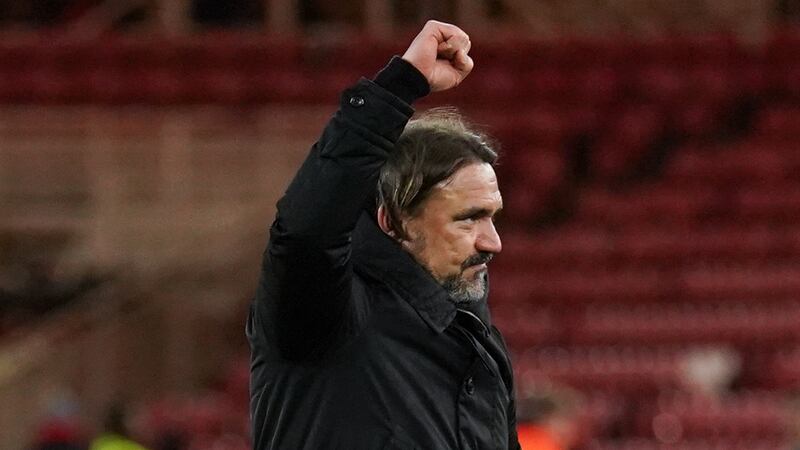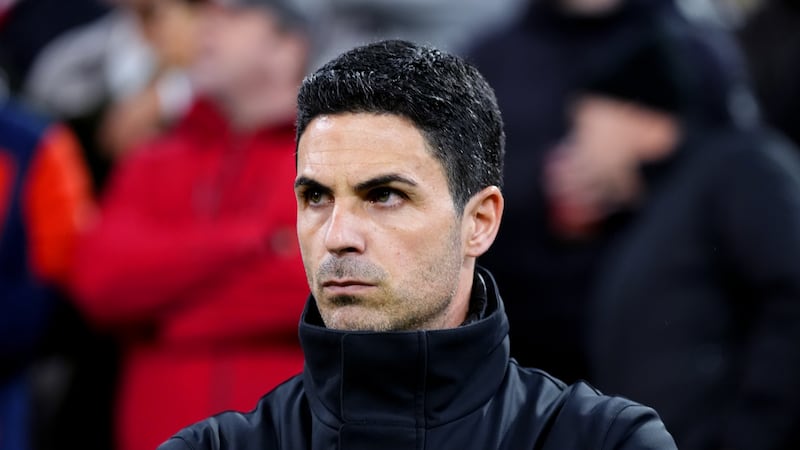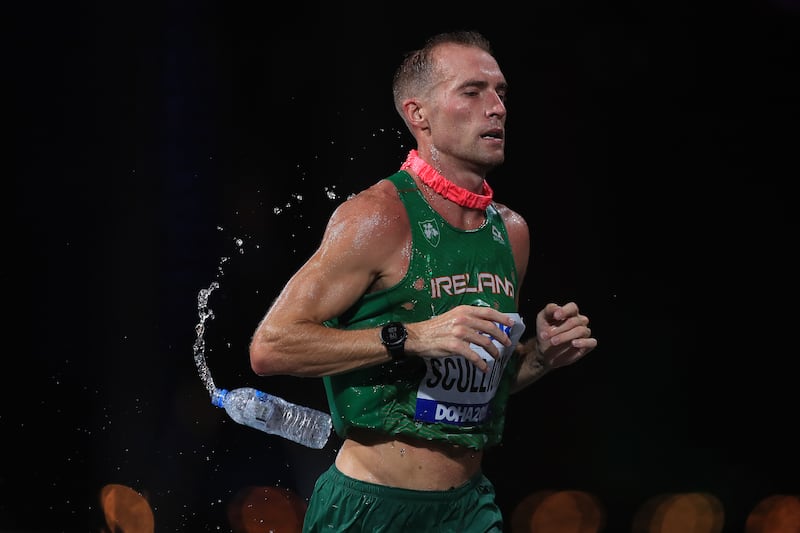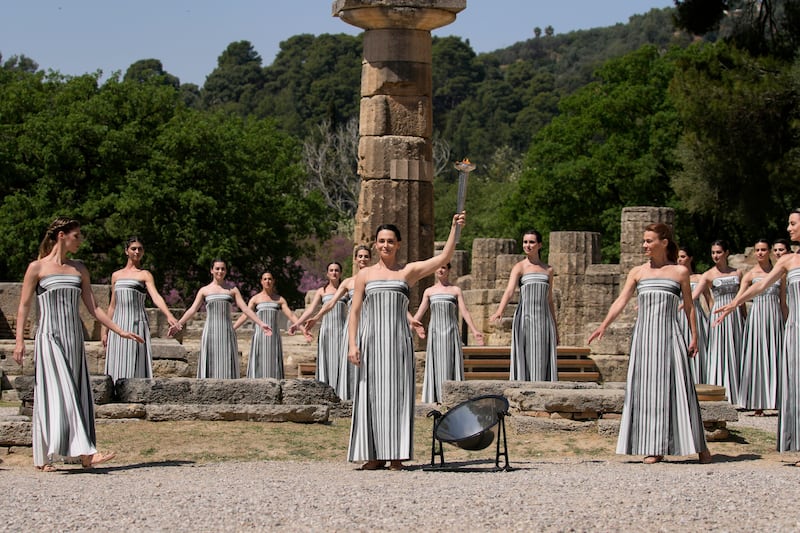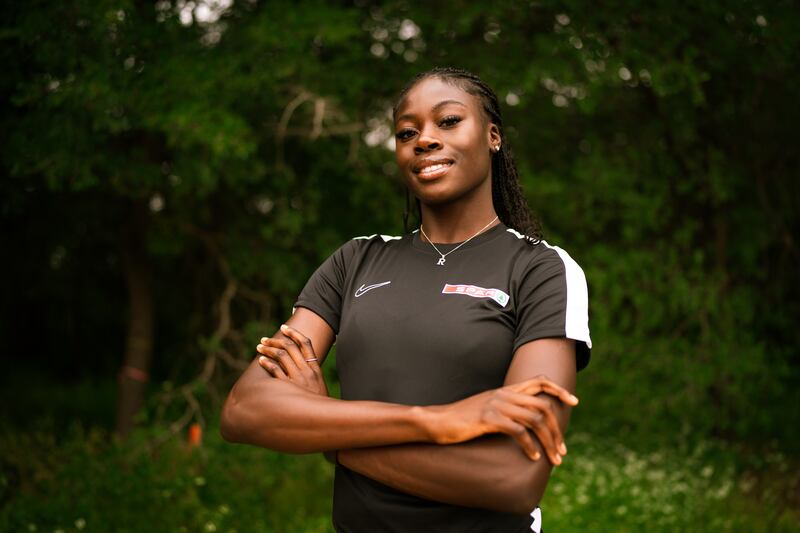Russia will not face a blanket ban from the Rio Olympics after the International Olympic Committee announced it would be the responsibility of each sporting federation to check the doping records of Russian competitors under its jurisdiction.
The IOC has been under huge pressure to throw Russia out of the Games after a second World Anti-Doping Agency-funded investigation found proof of a doping programme directed by the Russian state.
But at its second emergency meeting in a week, the IOC's executive board opted against a collective sanction and asked all international sports federations affected by Russia's cheating to make their own judgements on eligibility against a set of strict criteria.
A statement from the IOC after Sunday's meeting said: "Entry (to the Rio Olympics) will be accepted by the IOC only if an athlete is able to provide evidence to the full satisfaction of his or her international federation."
Russia's track and field athletes have already been banned by the IAAF and other federations now face a race against time to establish those Russians who meet the criteria set out to allow them to compete in Brazil.
WADA had recommended for all Russian athletes to be banned after a report led by Canadian lawyer Richard McLaren revealed evidence of widespread state-sponsored doping by the country during the 2014 Sochi Winter Olympics.
But now there is the likelihood of some Russian athletes appearing in Rio, with an IOC statement released on Sunday afternoon following their executive board meeting confirming international federations will be tasked with the job of banning those who do not tick all the right boxes.
In its statement, the IOC listed its decisions and what they meant to those athletes wishing to participate and the workload now given to the international sports federations, saying it would not accept the entry of any Russian athlete that could not meet a list of conditions.
They include the federations applying the WADA Code agreed last month, and the federations have been told not to accept the absence of a positive drugs test from an athletes' record as sufficient to grant access to the Games.
Each athlete's respective doping record will again be taken into account, with federations asked to analyse "reliable, adequate international tests" - not those conducted within Russia.
Any athlete or official implicated in the McLaren report should be excluded and the international federations will also have to apply their own rules in relation to collective sanctions against the Russian national federation in their respective sport.
The IOC has also said that the Russian Olympic Committee will be unable to select any athlete who has been sanctioned for doping in the past, even if they have served any prior punishments.
IOC president Thomas Bach held a teleconference call shortly after the announcement and said the decision was in the individual interests of Russia's clean athletes.
"The IOC has had to take a very difficult decision with regards to the timing as the qualification procedure and the entry procedure for Rio is well under way," Bach said.
"We had to draw the conclusions from the report from Professor McLaren. While this report was about the system he revealed in Russia and the Moscow laboratory, for the IOC the difficult part was to take decisions about individual athletes and how it affects each and every one of them.
"In this context we wanted to balance the collective responsibility as a context and the individual chances to which every human being and every athlete is entitled.
"As a result you can see in the decision we have worked on the presumption of innocence for the Russian athletes."
The IOC statement also confirmed that Yuliya Stepanova had been barred from the Games despite the athlete blowing the whistle on the Russian doping programme.
The IOC said its ethics commission had looked at Stepanova's case and the commission released its own statement as part of the IOC release, which read: "While it is true that Mrs Stepanova's testimony and public statements have made a contribution to the protection and promotion of clean athletes, fair play and the integrity and authenticity of sport, the rules of the Olympic Charter related to the organisation of the Olympic Games run counter to the recognition of the status of neutral athlete.
"Furthermore, the sanction to which she was subject and the circumstances in which she denounced the doping practices which she had used herself, do not satisfy the ethical requirements for an athlete to enter the Olympic Games."
During his conference call, Bach said the IOC has expressed its gratitude by inviting Stepanova and her husband to Rio and said they will also support her with her training and help to find her a new country to compete for.
